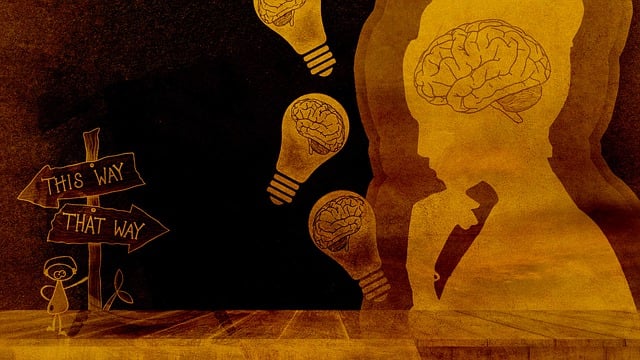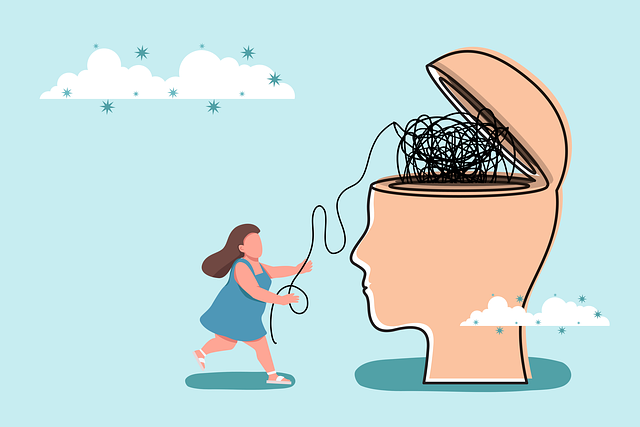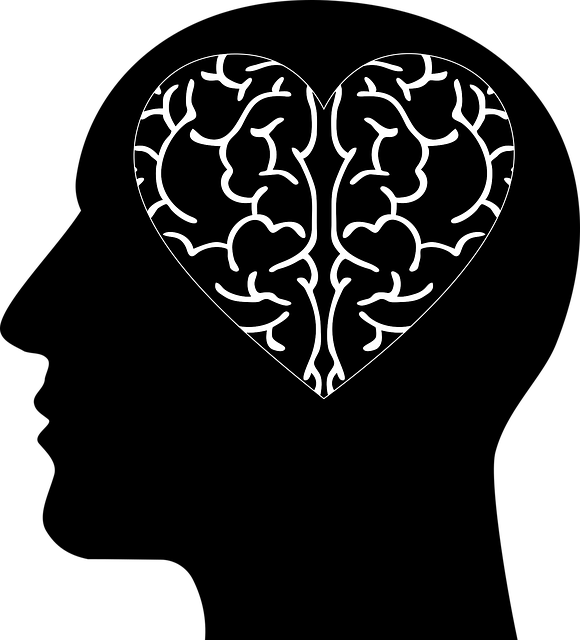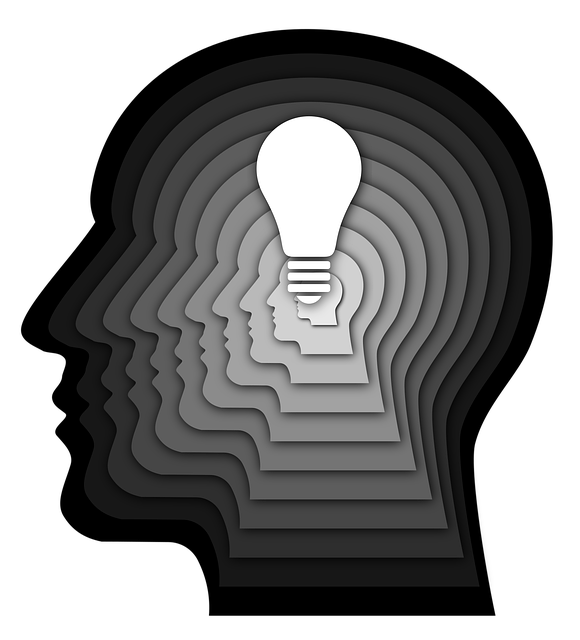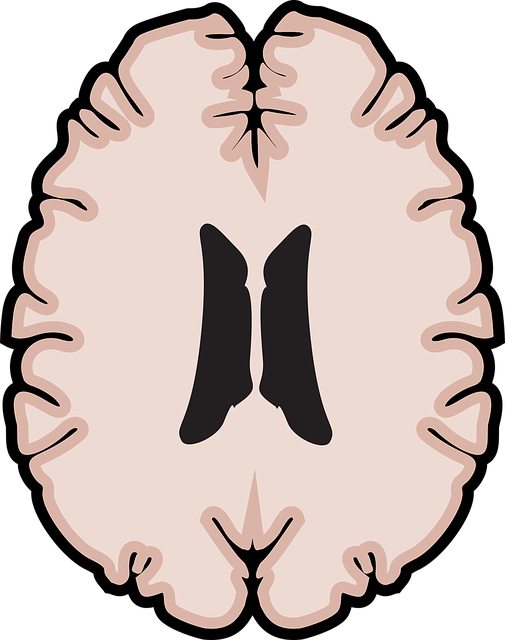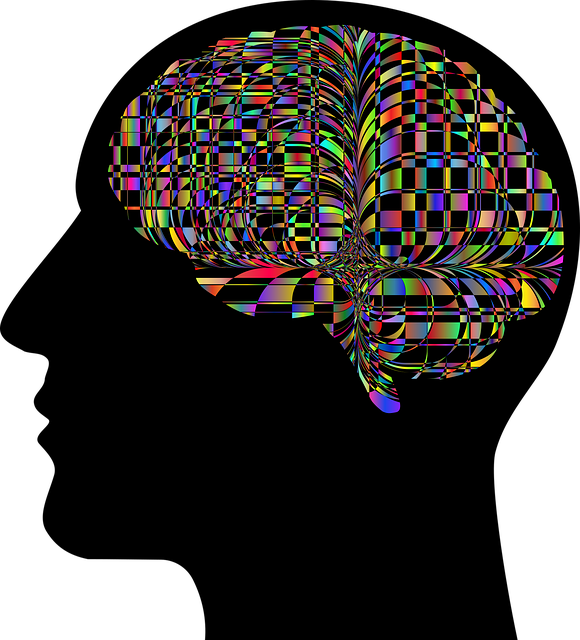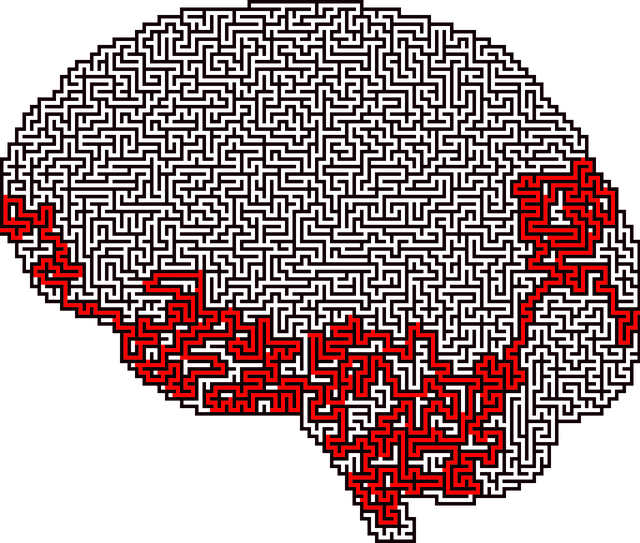Understanding elderly mental health challenges, including age-related cognitive changes, social isolation, and chronic illnesses, is crucial for designing effective programs. Tailored therapy focusing on coping strategies, community building, stress management, and risk planning is essential. Codependency, often overlooked but prevalent among elders, stems from a history of caregiving and can be addressed through evidence-based methods like cognitive-behavioral therapy (CBT) and compassion cultivation practices. A comprehensive mental health education program for seniors should include self-awareness exercises, tailored self-care practices, and CBT to challenge negative thought patterns. Stakeholder engagement, integration of evidence-based practices, and evaluation using both quantitative and qualitative methods are key to successful implementation and continuous improvement.
Mental health education programs play a vital role in addressing the unique challenges faced by the elderly population. As our society ages, understanding and catering to their mental well-being is crucial. This article explores the design of such programs, focusing on codependency—a prevalent issue among elders. We delve into effective program structures, incorporating therapeutic techniques tailored for this demographic. Additionally, implementation strategies, evaluation methods, and continuous improvement approaches are discussed, emphasizing the importance of specialized therapy for elders suffering from codependency.
- Understanding Elderly Mental Health: Challenges and Needs
- Codependency: A Prevalent Issue Among Elders
- Program Structure: Effective Components for Mental Health Education
- Incorporating Therapeutic Techniques for Codependency
- Implementation, Evaluation, and Continuous Improvement Strategies
Understanding Elderly Mental Health: Challenges and Needs

Understanding the mental health landscape among the elderly is paramount when designing effective programs. This demographic faces unique challenges that often go overlooked; age-related cognitive changes, social isolation, and chronic illnesses can significantly impact an elder’s psychological well-being. Many older adults struggle with conditions such as depression, anxiety, and even delirium, which may be exacerbated by feelings of loneliness and a lack of social support.
Additionally, the concept of codependency becomes more relevant in later life, where interdependent relationships can lead to unhealthy dynamics. Implementing therapy for elders that addresses these issues is crucial, focusing on both individual coping strategies and fostering a sense of community. Incorporating practices like stress management techniques, risk management planning for mental health professionals, and even mental wellness journaling exercises can provide guidance and support tailored to the needs of this vulnerable population.
Codependency: A Prevalent Issue Among Elders

Codependency is a significant issue often overlooked when addressing mental health concerns among elders. This complex emotional pattern can manifest in various ways, such as excessive caring for others to the detriment of one’s well-being or difficulty setting healthy boundaries. Elders, having dedicated their lives to caring for families and communities, may struggle with letting go and prioritizing self-care. The intergenerational impact of codependency is profound; it can pass down through families, creating a cycle that perpetuates unhealthy dynamics.
In the context of therapy for elders, addressing codependency involves tailored strategies. Therapists can employ techniques like cognitive-behavioral therapy to help individuals recognize and challenge unhealthy thought patterns. Additionally, compassion cultivation practices have shown promise in fostering empathy and self-compassion, reducing anxiety relief and stress management. By integrating these evidence-based methods, mental health education programs can effectively empower elders to break free from codependent behaviors and cultivate more fulfilling relationships with themselves and others.
Program Structure: Effective Components for Mental Health Education

An effective mental health education program for seniors should incorporate structured components that address common challenges like codependency and burnout. Starting with self-awareness exercises can help participants better understand their emotions, triggers, and behaviors. These exercises could involve mindfulness practices, journaling prompts, or group discussions aimed at enhancing introspection.
Following up with self-care practices tailored to the needs of elders is crucial. This might include stress management techniques, physical activity appropriate for their age group, and social engagement strategies. By incorporating these elements, programs can empower seniors to take proactive steps towards maintaining mental well-being and fostering a sense of independence while mitigating risks associated with codependency and burnout.
Incorporating Therapeutic Techniques for Codependency

Incorporating therapeutic techniques tailored for codependency is a critical component of any comprehensive mental health education program, especially when targeting older adults. Codependency, characterized by an excessive emotional reliance on others, often stems from complex historical and relational factors. Effective therapy for elders with codependency focuses on fostering self-awareness, promoting healthy boundaries, and encouraging independent decision-making.
Mental wellness programs can integrate strategies such as cognitive-behavioral therapy (CBT) to challenge negative thought patterns and behavioral responses associated with codependency. Encouraging emotional intelligence through journaling exercises and self-care routine development can empower individuals to recognize and manage their emotions effectively. This, in turn, enhances their ability to form healthy relationships and maintain a sense of personal well-being, ultimately contributing to improved mental health outcomes for seniors navigating codependency issues.
Implementation, Evaluation, and Continuous Improvement Strategies

Implementing a mental health education program requires careful planning and consideration. One effective strategy is to engage stakeholders, including healthcare professionals, community leaders, and family members, in the design process. This collaborative approach ensures that the program aligns with local needs and cultural contexts, enhancing its relevance and impact. Additionally, integrating evidence-based practices such as therapy for elders codependency, stress reduction methods, and compassion cultivation practices can significantly improve outcomes.
Evaluation is crucial to gauge the success of the program. Utilizing a mix of quantitative and qualitative methods allows for a comprehensive understanding of participants’ experiences and perceived benefits. Regular feedback sessions, pre-post surveys, and focus groups can provide valuable insights. By analyzing these data, program coordinators can identify areas for improvement and make necessary adjustments. Continuous improvement strategies should be dynamic, incorporating new research findings and best practices to ensure the program remains effective and relevant in supporting emotional healing processes among all participants.
Mental health education programs designed specifically to address codependency among elders play a vital role in enhancing their overall well-being. By incorporating evidence-based therapeutic techniques tailored to this demographic, we can effectively navigate the unique challenges they face. Through structured programs that educate, engage, and provide support, we empower elders to break free from codependent relationships and foster healthier, more fulfilling lives. Implementation strategies that include ongoing evaluation ensure these programs remain responsive to the evolving needs of an aging population, ultimately improving mental health outcomes for elders and offering a promising path toward revolutionizing therapy for codependency.
